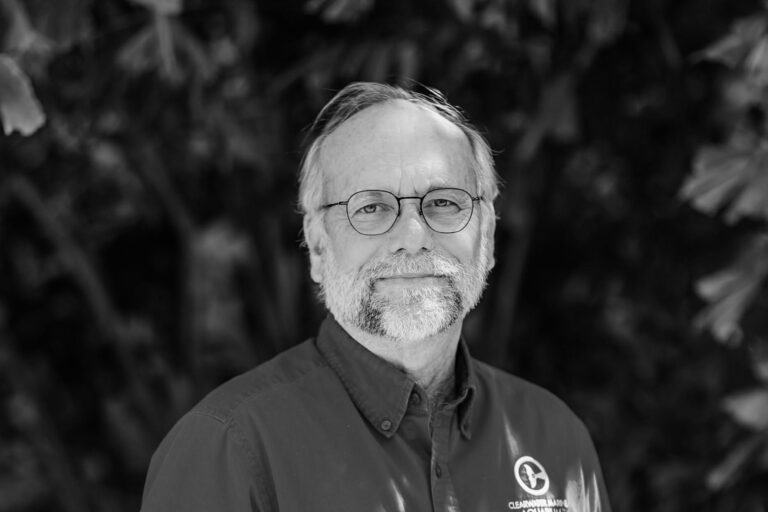In 1967, on the spring-fed waters of Florida’s Crystal River, a teenager named James “Buddy” Powell encountered a stranger in a rowboat. The man, a Cornell University graduate student, was looking for manatees — a species so obscure then that few had studied it in the wild. Powell, who knew the local springs better than most, offered to help. What began as a chance meeting became the start of a singular career in marine conservation, one that would span continents and redefine how the world saw a slow-moving, herbivorous mammal long mistaken for myth. Powell, who died on July 19 aged 70, devoted more than five decades of his life to understanding and protecting the West Indian manatee (Trichechus manatus) and its relatives. His research, from Florida to West Africa to Central America, led to the establishment of protected areas, reforms in coastal policy, and the training of a generation of local scientists. We can do the science, he once said, but if you don’t use that information to make change, then what’s the point? His fieldwork — practical, data-driven, and nearly always collaborative — pushed the boundaries of what was known about manatee behavior, distribution and threats. In the 1970s, as a U.S. Fish & Wildlife Service biologist, he helped lay the groundwork for federal protections. In the 1980s, he became the first to study West African manatees (Trichechus senegalensis) in the wild, producing a 21-country review that remains a foundational text. Later, in Belize, he created the country’s…This article was originally published on Mongabay
Search
Recent Research
Want your Blog Article featured on our website?
Research
Featured News
Explaining Katsina’s Massive Leap to 2nd Position in the 2025 Climate Governance Ranking
In 2024, during the first edition of the Subnational Climate Governance Performance Rating and Ranking,
COP30: Firm to connect institutions with international climate finance opportunities
SISTME, a climate change and biodiversity conservation consulting firm based in Argentina, has offered to
From resistance to planetary governance, Indigenous women redefine global climate action
While world leaders negotiate behind closed doors in the Blue Zone of COP30, Indigenous Women
Sahara Group Foundation launches 16th Sahara Go Recycling Hub to boost environmental sustainability, economic empowerment
Sahara Group Foundation, the corporate social impact arm of Sahara Group, has commissioned its 16th
Climate finance is the lifeblood of climate action – Simon Stiell at COP30
Remarks delivered by UN Climate Change Executive Secretary, Simon Stiell, at the third High-Level Ministerial
UNDP, REA, GEF commission Plateau solar mini-grid to power agricultural value chains, empower rural communities
The United Nations Development Programme (UNDP), in partnership with the Rural Electrification Agency (REA) and
COP30: Africa urges world leaders to turn pledges into action
Africa has called on the world leaders to turn their pledges into action regarding the
Thousands join global marches calling on govts at COP30 to deliver climate justice
An estimated 30,000 people marched through the Brazilian city of Belém on Saturday, November 15,


